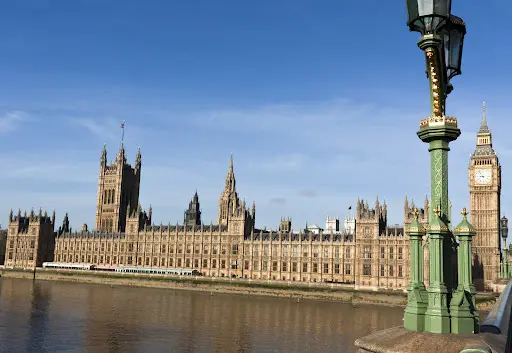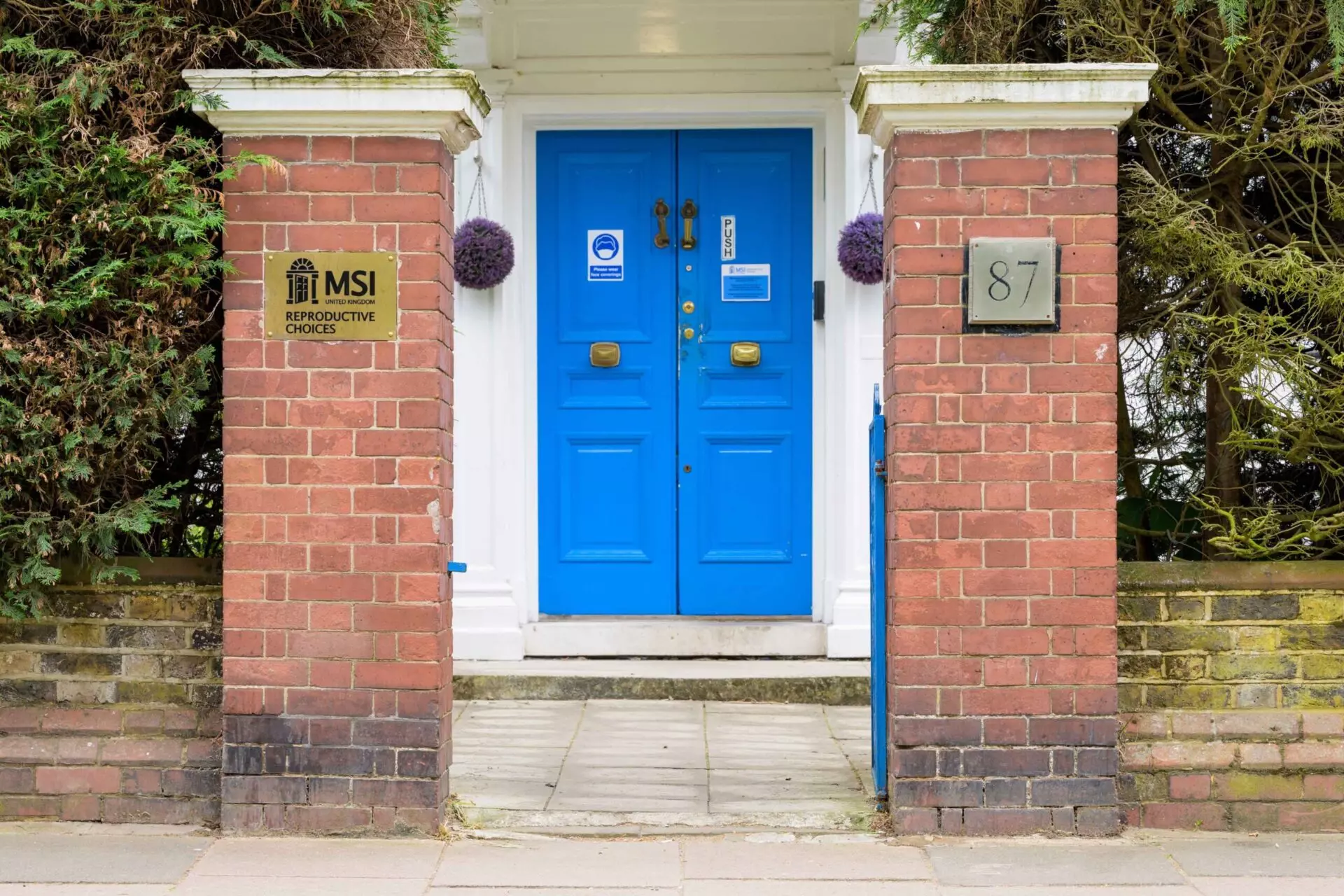On 4 July last year, Labour won a parliamentary majority in a general election and formed the first Labour government in 14 years. Since they took office, there have been several important milestones for reproductive rights, some coming directly from the government and others from MPs.
These positive changes have been won despite a global anti-rights movement which is spending more in the UK and feeling emboldened by having allies in the White House. In this climate, we cannot afford to be complacent.
In this blog, Head of External Affairs Louise McCudden looks back on Labour’s first year in government and reflects on the opportunities, risks, and successes within the current political landscape – and what the future may hold for reproductive rights.
The good news…
Abortion law reform: ending the prosecution of women
On 17 June, MPs voted for an amendment to the Crime and Policing Bill. Once signed into law, this reform will mean that nobody can be prosecuted for ending their own pregnancy. It will now become part of the Crime and Policing Bill, which will proceed to the House of Lords for further debate and scrutiny.
This legislation does not fully decriminalise abortion; it is a simple, moderate reform designed to solve the immediate injustice of people facing prosecution for ending their own pregnancies. This is an important milestone towards decriminalising abortion. It doesn’t change how we provide abortion care or how our clients access our services.
MPs from various political parties backed the amendment by 379 – 137. Although this was not a government-led reform, the prime minister welcomed the vote, and government minister Alex Davies-Jones MP confirmed to the House of Commons during the debate that the government will implement this change once it becomes law.
This change in the law is not the end of the fight. We are already working with other abortion providers, royal colleges, doctors, midwives, human rights groups, pro-choice activists, women’s rights organisations, and other allies to reimagine what good abortion care should look like, and plan how we get there.
Protecting at-home abortion care (telemedicine)
Abortion advocacy means defending what we have, as well as fighting for progress. As part of the same bill, an MP tabled an amendment to effectively ban telemedicine. We briefed MPs ahead of the vote, sharing people’s experiences of using the service together with the wealth of peer-reviewed evidence which shows telemedicine is safe, effective, and often preferred. We were delighted that MPs listened and voted to keep telemedicine.
Safe Access Zones
A few months after taking office, Labour brought Safe Access Zones into force. National Safe Access Zones make it illegal for anti-choice campaigners to harass people or obstruct their care within 150m of abortion clinics in England and Wales. Similar laws were already in place in Scotland and Northern Ireland.
Anti-choice activity on clinic doorsteps had been escalating for several years, with the anti-choice movement feeling emboldened by the reversal of Roe v Wade in the United States, and the re-election of Donald Trump. Their behaviour included spitting at clients and frontline healthcare workers, calling women ‘murderers’, handing out leaflets with false medical information, and telling abortion seekers they are in the wrong place, redirecting them away from the clinic.
Safe Access Zones were voted for by MPs across all major political parties, and were signed into law back in 2023, but the previous government had still not brought them into force when they left office last July. Safeguarding minister Jess Phillips MP got the zones up and running by 31 October 2024, saying: “We will not sit back and tolerate harassment, abuse and intimidation as people exercise their legal right to healthcare, which is why we have fast-tracked this measure to get it up and running without further delay.”
Morning after pill over-the-counter access
In March, it was announced that the morning-after pill would be available free of charge in pharmacies across England, reducing regional inequalities in contraception access, and helping to challenge stigma. The Faculty of Sexual and Reproductive Health (FSRH) were among those advocating for the policy. Dr Janet Barter, President of FSRH, welcomed the news as “tremendous”, saying it would remove “the cost, stigma and access issues that have been a real barrier.”
The bad news…
Global rollback on reproductive rights
Since the re-election of Donald Trump in the US, we know that the global anti-rights movement feels emboldened. The Alliance Defending Freedom has spent large sums of money in the UK on anti-abortion, anti-LGBTQ campaigns, while politicians like Nigel Farage call for restrictions on access, ignoring all clinical evidence.
At a time when the US is slashing its aid programmes, many of which support reproductive health, HIV prevention, and cervical cancer care, it could not be more important that the UK government makes clear its commitment not only to abortion access at home, but also sexual and reproductive rights around the world. We were disappointed by the UK government’s decision to cut international aid from 0.5% of Gross National Income (GNI) to 0.3% and urge ministers to make sure gender is not deprioritised within the remaining budget.

What’s next?
We will not stop until abortion is fully decriminalised. We advocate for reforming the law in a way that protects telemedicine and removes the requirement for two doctors to sign off every decision to have an abortion. We are proud to advocate for abortion on request, available through the NHS, for all who need or choose to end a pregnancy.
We are already exploring what abortion care should look like in the 21st century, and how we can get there. We will be working together with our trusted partners in the sector, including other abortion providers, medical bodies, human rights organisations, lawyers, pro-choice activists, and, of course, abortion seekers themselves.
We would love to hear your views on abortion law. What do you like about the way services currently operate? What would you change if you could? What do you think the law should say? Share your views with Louise here.










































